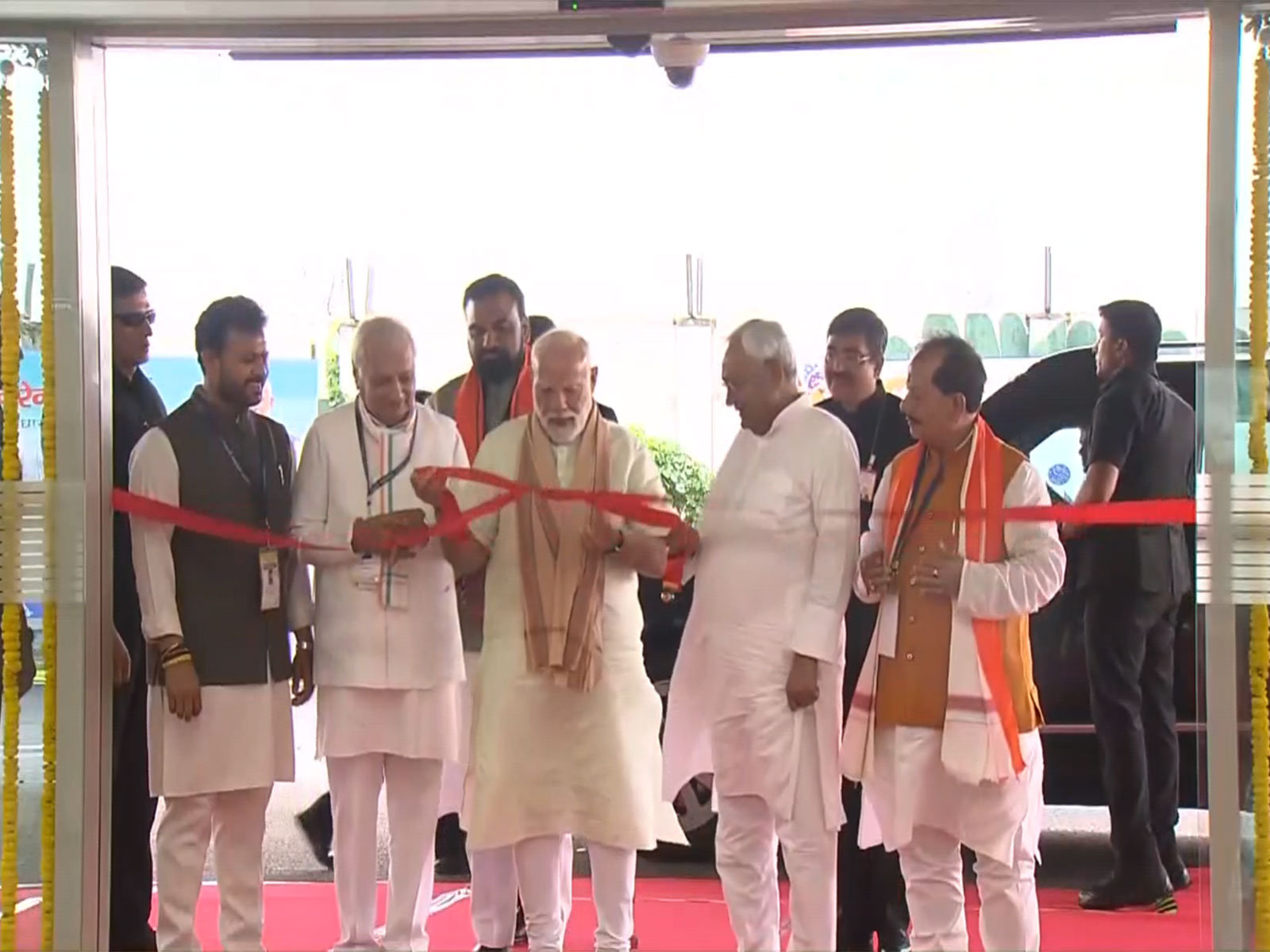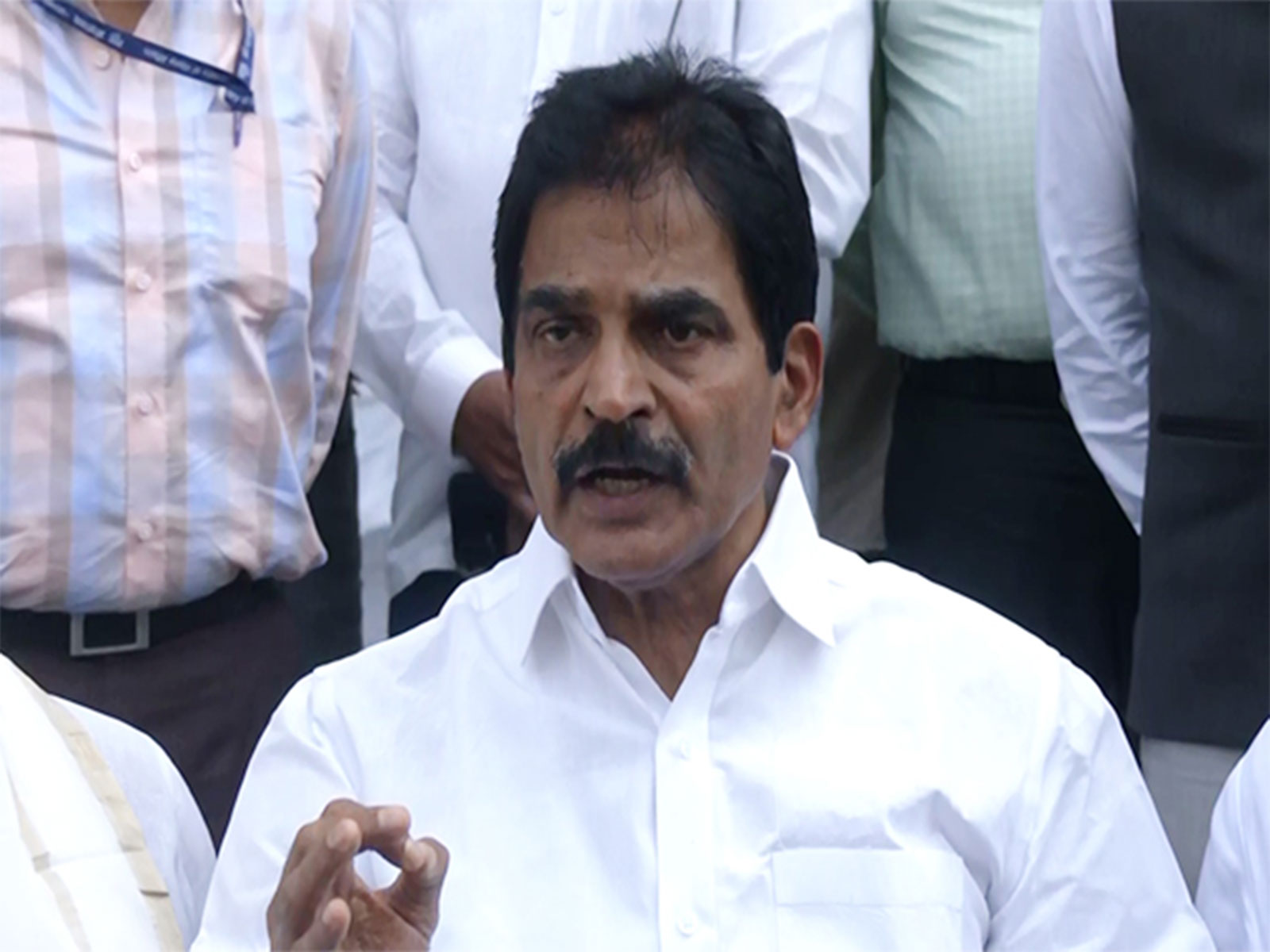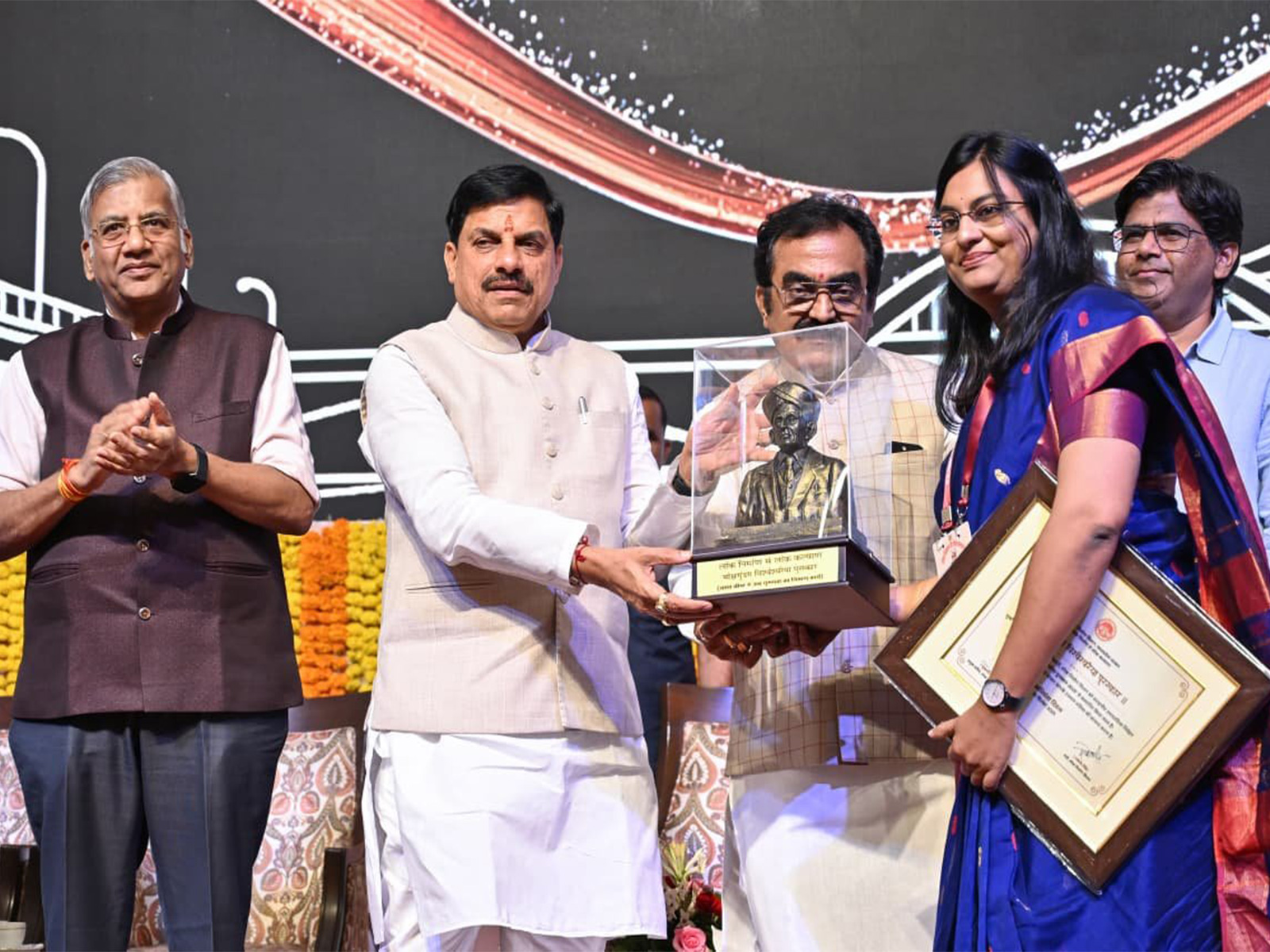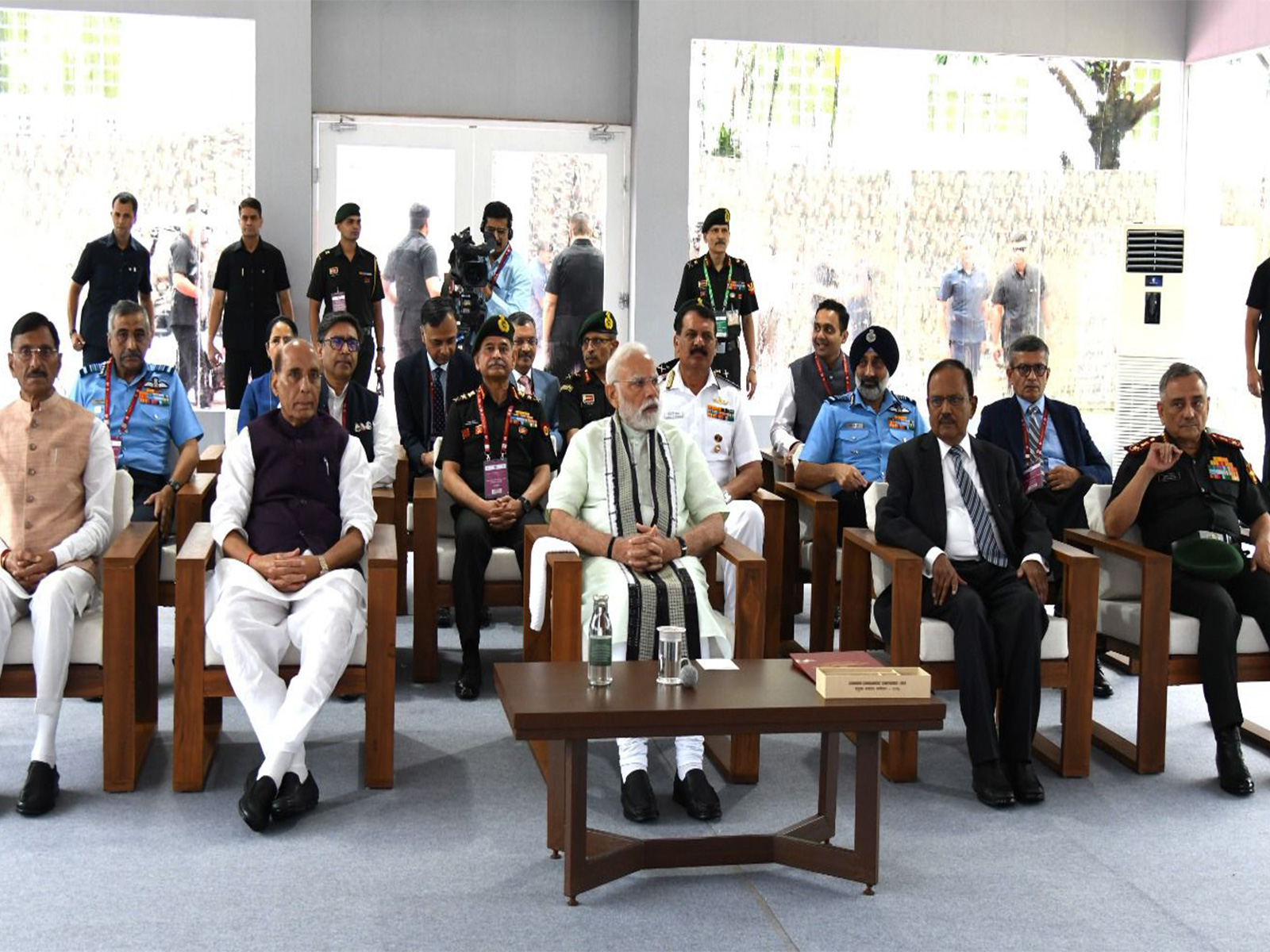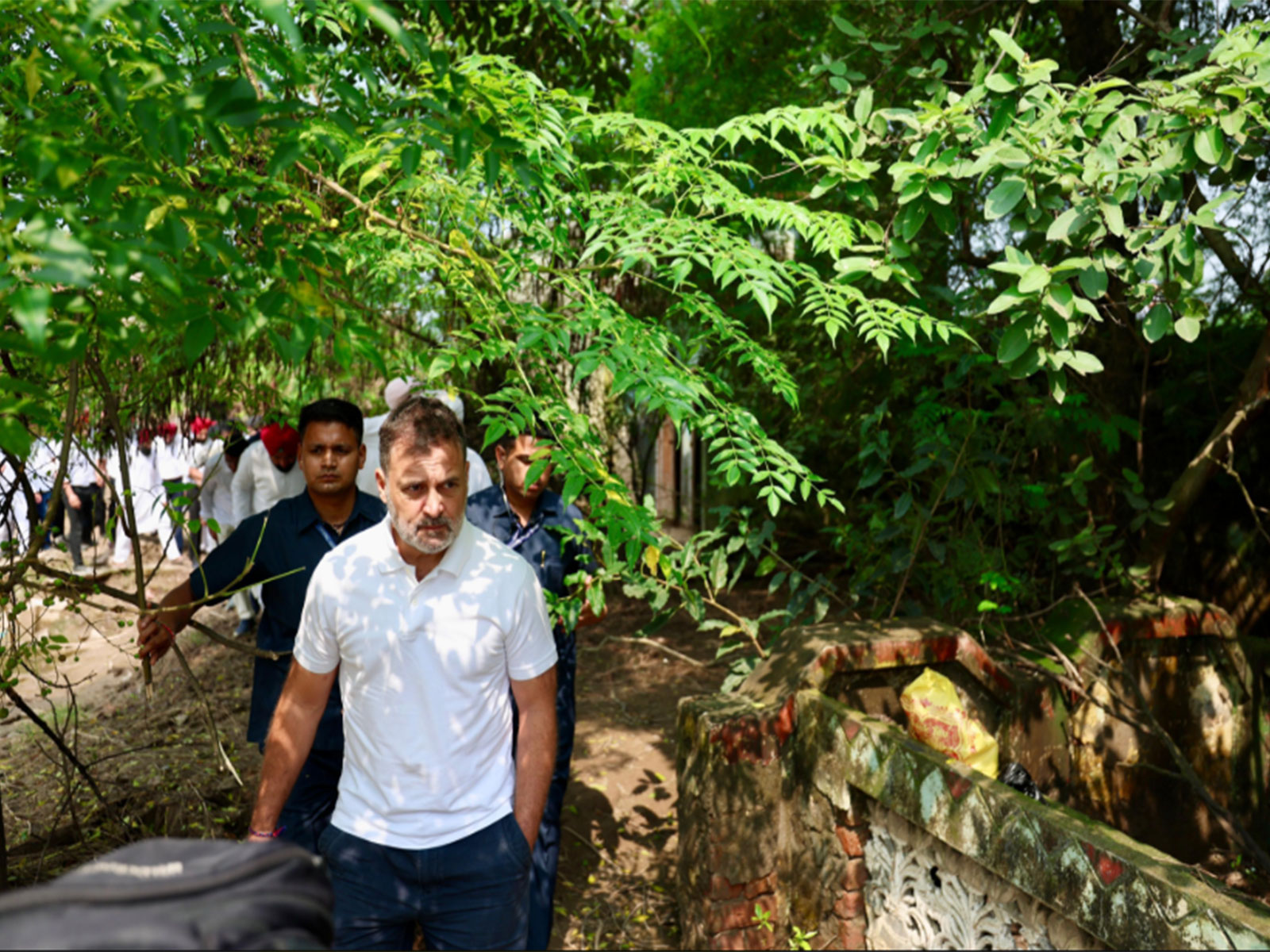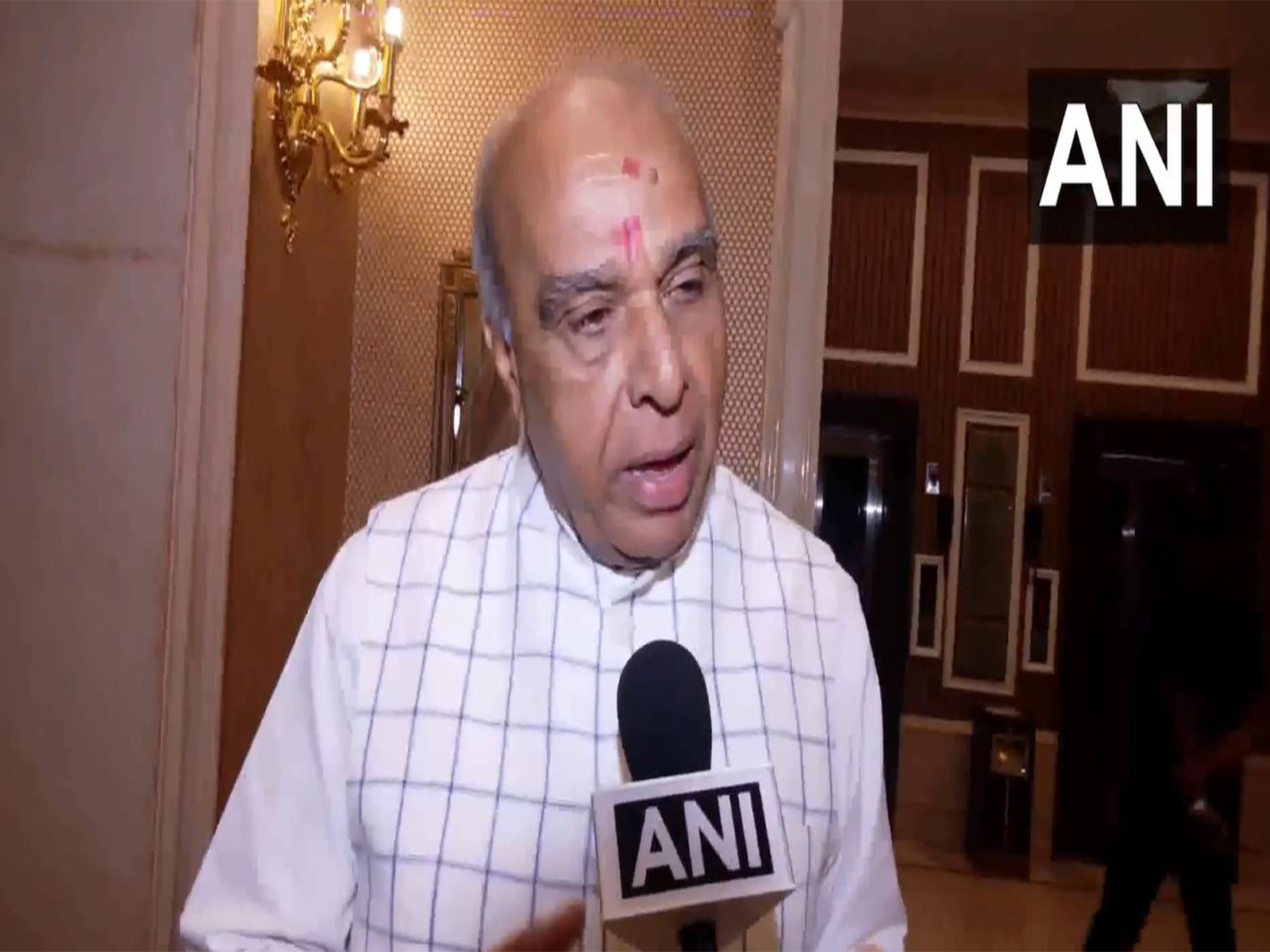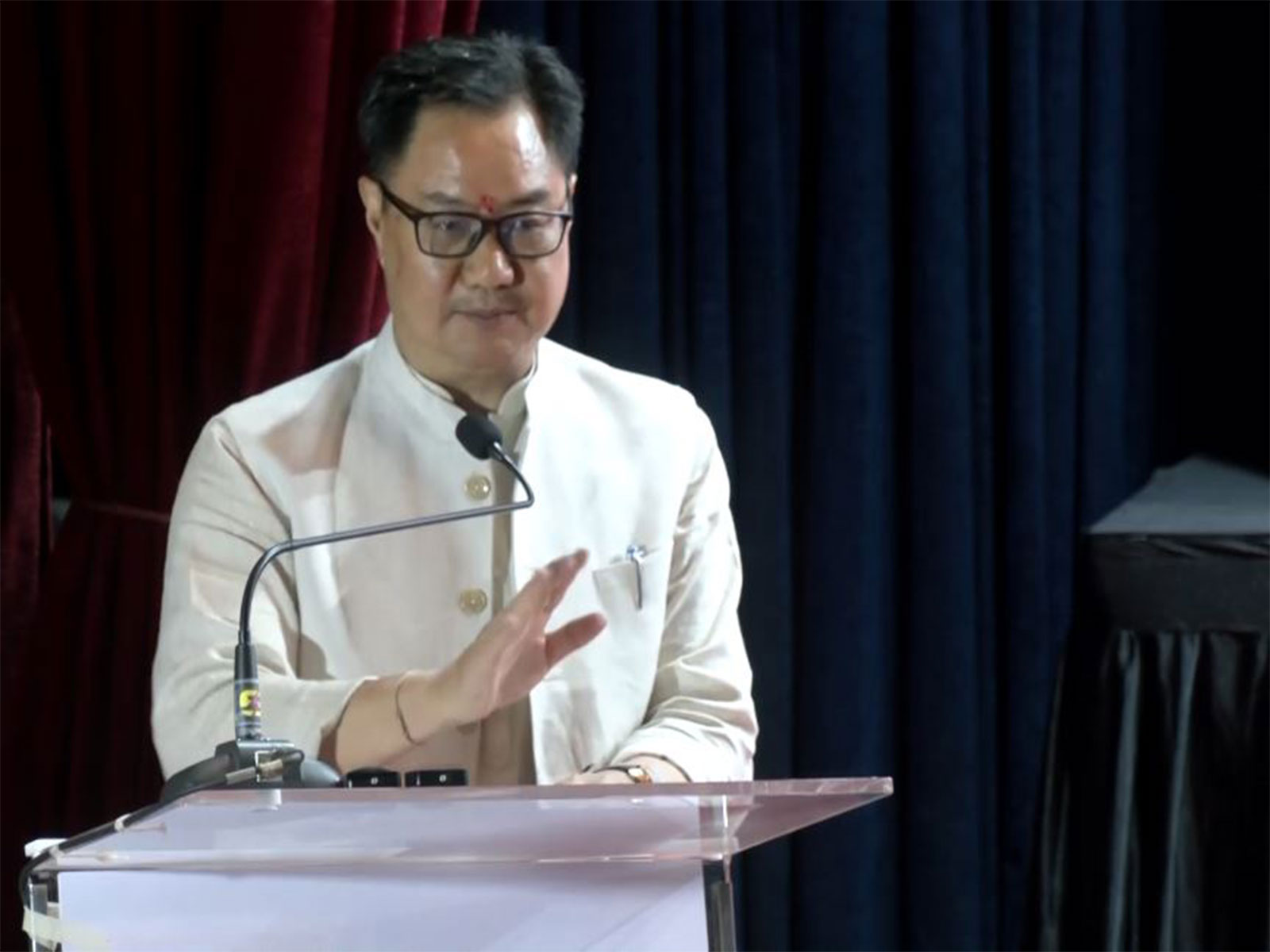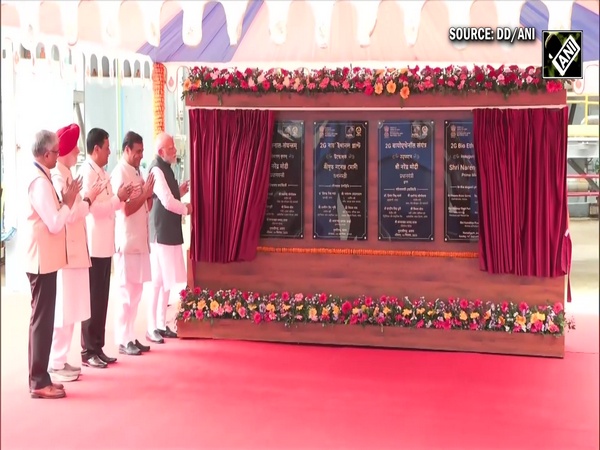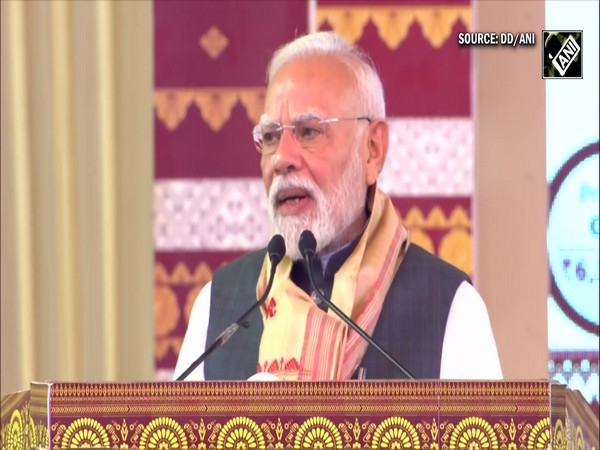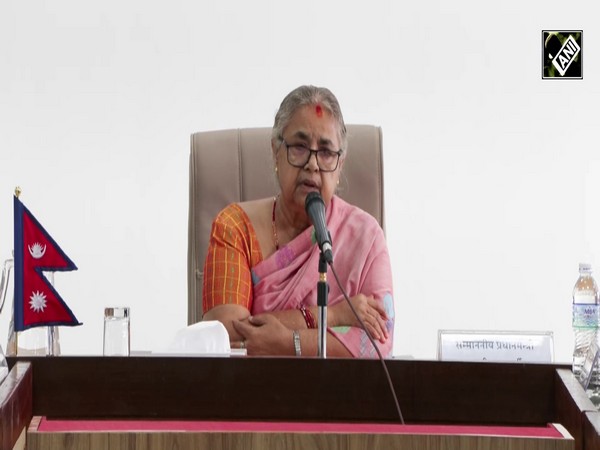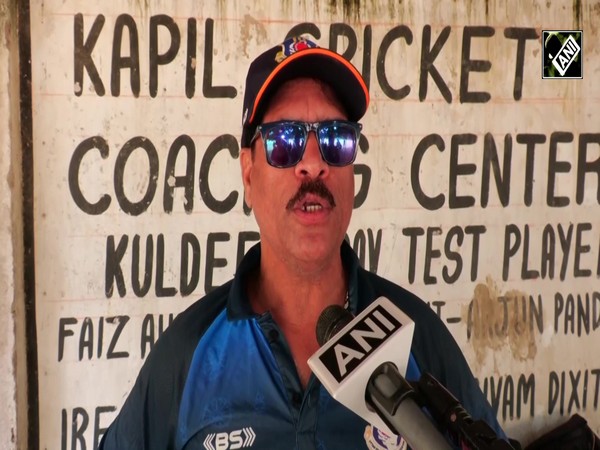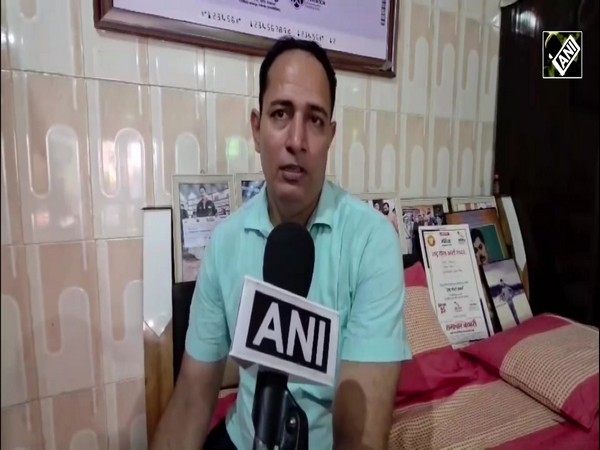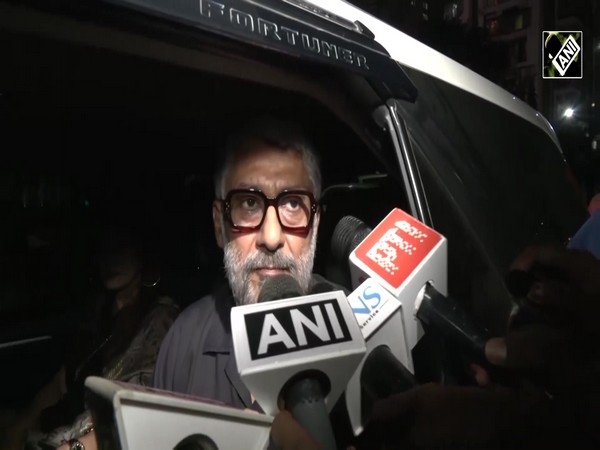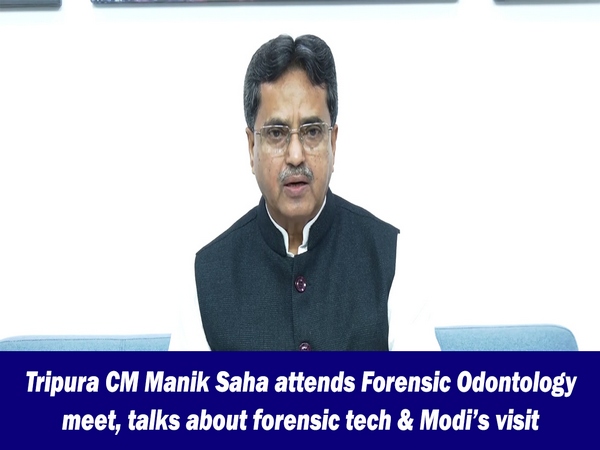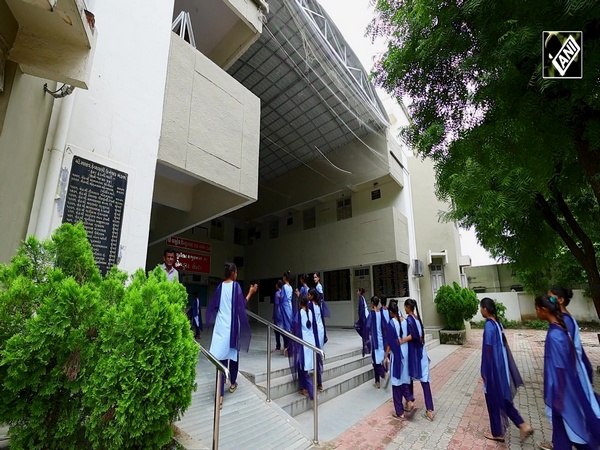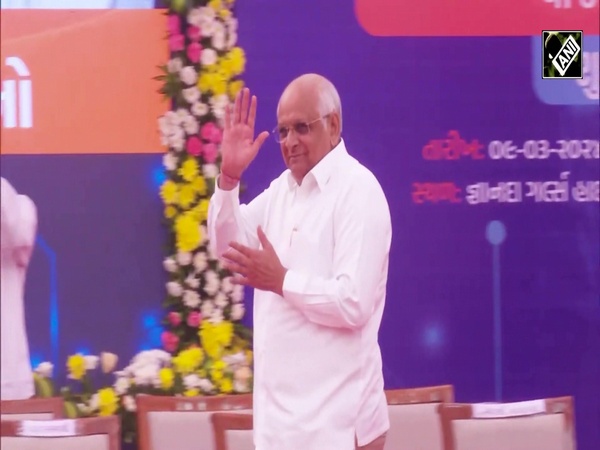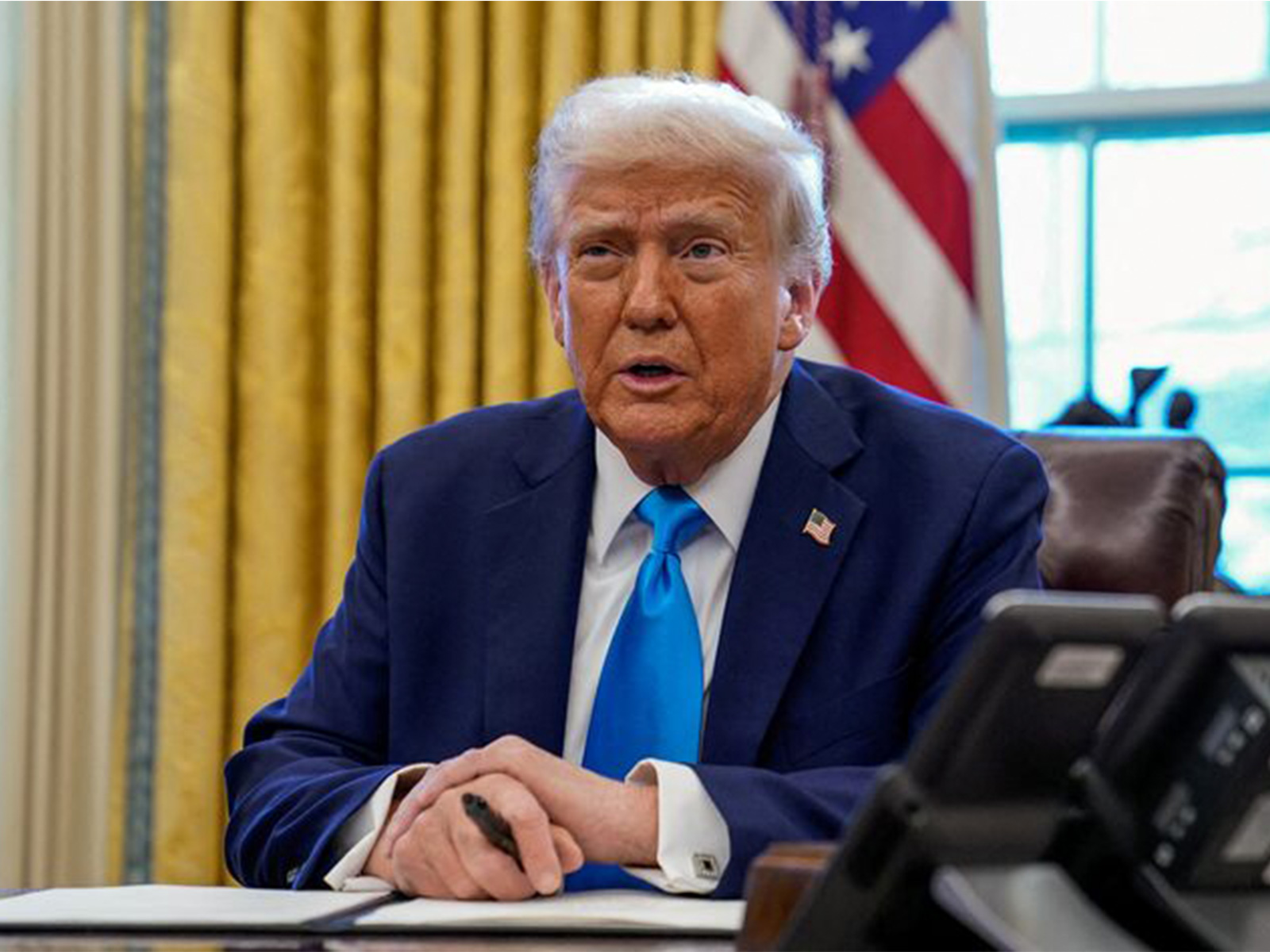
"Major step towards undoing unconstitutional, illegal amendments made by BJP govt": TN CM Stalin welcomes SC order on Waqf
Sep 15, 2025
Chennai (Tamil Nadu) [India], September 15 : Tamil Nadu Chief Minister MK Stalin on Monday welcomed the Supreme Court's order on staying certain provisions of the Waqf Amendment Act and said that this decision is a major step towards "undoing the unconstitutional" amendments which have been incorporated in the Waqf Amendment Act.
In a post on X, DMK supremo recalled that since the passage of the said bill, his party has tried to counter the BJP's attempt to "misuse governmental power" through both legislative and judicial means.
"The DMK has consistently opposed these amendments from the time the Bill was introduced in Parliament. After it became an Act, the DMK challenged it in the Supreme Court and succeeded, alongside others. The DMK Government also passed an assembly resolution urging the Union Government to withdraw the Waqf Amendment Bill, countering the BJP's attempt to misuse governmental power," Stalin wrote on X.
The Supreme Court on Monday refused to stay the entire Waqf (Amendment) Act 2025, but put on hold certain provisions pending the final adjudication of petitions challenging the constitutional validity of the Act
A bench of Chief Justice of India BR Gavai and Justice Augustine George Masih observed that some sections of the amended Act need some protection. Passing the interim order, the bench stayed the provision in the Act that a person should be a practitioner of Islam for five years to create a Waqf.
Tamil Nadu CM mentioned that the top court's order reflects the trust people have in the Supreme Court of India.
"Today's order strengthens the hope and trust that people place in the Hon'ble Supreme Court to safeguard the religious rights of the Muslim minority community and to uphold the Constitution," he said.
Meanwhile, Senior CPI leader D Raja said that the Supreme Court has raised several pertinent issues that need to be addressed by the Parliament, adding that the law should not be implemented till those issues are completely resolved.
"Unless those issues are addressed and a solution is found, how can legislation be implemented? In a way, it has stayed, unless those objections raised by the SC are addressed. Now, it is for the government to respond, and Parliament will have to address the questions raised by the Supreme Court. The government cannot put this legislation into implementation unless the issues raised by the SC are addressed," Raja told ANI.
Union Minister Kiren Rijiju on Monday also welcomed the Supreme Court's order on the Waqf (Amendment) Act, 2025, after the apex court refused to stay the entire law.
Rijiju, who also holds the Minority Affairs portfolio, said that the Supreme Court's decision reflects the trust in our institutions, as he called the Supreme Court's verdict a "good sign for our democracy."
"We welcome the Supreme Court's order on the Waqf Act. The government's solicitor general strongly put all the aspects and intentions of the government in the hearings. This is a good sign for our Parliamentary democracy. This topic was extensively debated in both houses of Parliament. Some people unnecessarily challenge in the Supreme Court. You cannot challenge the authority of Parliament, you can challenge certain provisions of the law, and the SC put a stamp on this aspect," Rijiju told reporters in Mumbai.
The Waqf (Amendment) Act, which was tabled in the Lok Sabha and Rajya Sabha on April 2 and 3, respectively, was passed in both Houses and later received the President's assent on April 5, after which it became law.



